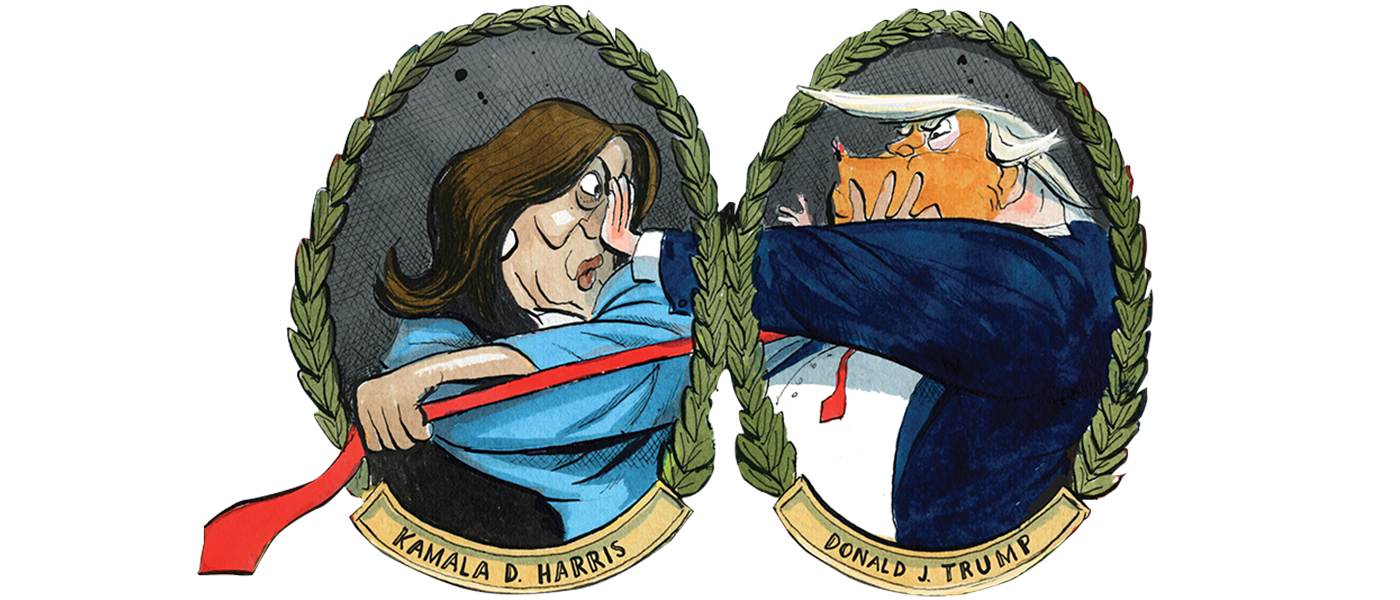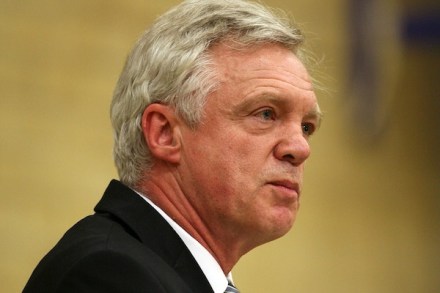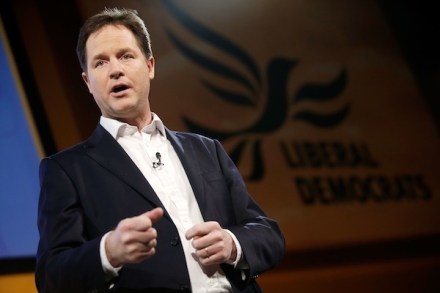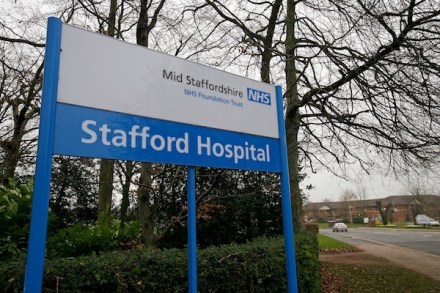What was Clegg’s priority in the last few hours of the coalition talks? Stopping a European renegotiation
The latest extracts of the Andrew Adonis’ book on the 2010 coalition negotiations couldn’t have been better designed to stir up Tory backbench bad feeling to Nick Clegg. Adonis claims that in the final phone calls between Clegg and Brown, the Lib Dem leader kept stressing—you’ve guessed it—Europe. Adonis reports that Clegg told Brown: ‘Following our conversation this afternoon I’m basically finding out how far I can push the Conservatives on Europe. I genuinely take to heart what you said about that. We need some sanity on Europe. We can’t seek to renegotiate. I’m trying my best…’ I think this illustrates two things. First, how ideologically committed Clegg is to the





















